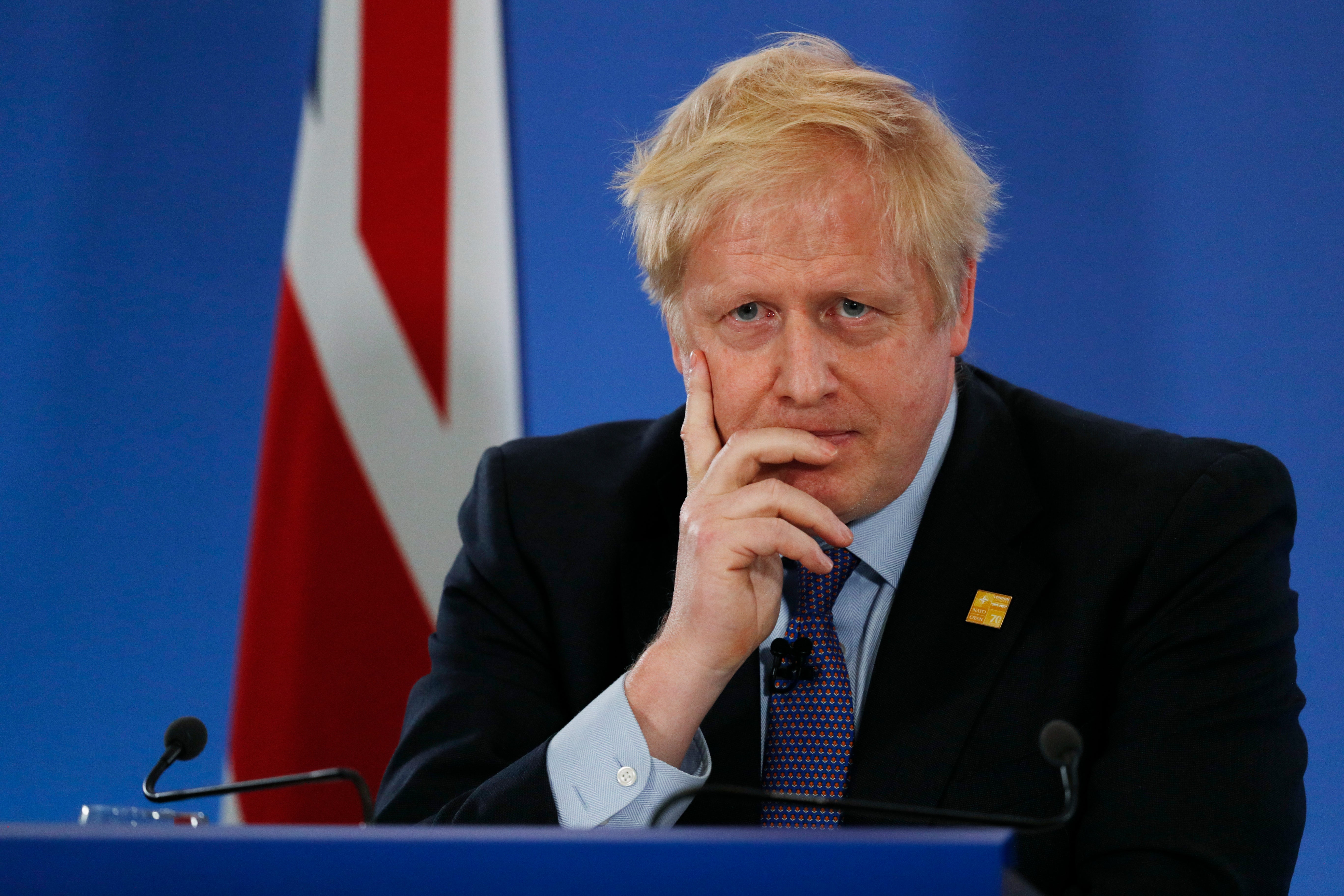Amnesty for Troubles killings will cause more ‘anguish and bitterness’, victims say
Victims and survivors say they are being asked to ‘draw a line’ under their grief

Your support helps us to tell the story
From reproductive rights to climate change to Big Tech, The Independent is on the ground when the story is developing. Whether it's investigating the financials of Elon Musk's pro-Trump PAC or producing our latest documentary, 'The A Word', which shines a light on the American women fighting for reproductive rights, we know how important it is to parse out the facts from the messaging.
At such a critical moment in US history, we need reporters on the ground. Your donation allows us to keep sending journalists to speak to both sides of the story.
The Independent is trusted by Americans across the entire political spectrum. And unlike many other quality news outlets, we choose not to lock Americans out of our reporting and analysis with paywalls. We believe quality journalism should be available to everyone, paid for by those who can afford it.
Your support makes all the difference.Granting an amnesty for those responsible for killings during the Troubles in Northern Ireland means asking victims’ families to “draw a line” under their grief, survivors and campaigners have told the prime minister.
In an open letter to Boris Johnson, representatives for Wave Trauma Centre – which provides services for those scarred by the conflict – condemned reports that the British government is considering ending the possibility of future convictions.
In May, The Times reported that officials were discussing introducing a statute of limitations that would prevent anybody involved in incidents prior to the 1998 Good Friday Agreement from being prosecuted, save in instances where war crimes, genocide or torture had been committed.
On Friday, two former soldiers learnt that they would not face trial over the deaths of three people killed during the Troubles.
The Public Prosecution Service said that this was because there was not a “reasonable prospect” of key evidence in the cases being ruled admissible, but the victims’ families said that the decision was a “damning indictment” of British justice.
In their open letter, Wave Trauma Centre accused Mr Johnson of giving “selected newspapers” more information about the government’s plans for victims and survivors than those affected.
They went on to say that the reported proposals amount to a “de facto amnesty that will include the very paramilitaries who murdered their colleagues as well as thousands of civilians”.
“Would the families of the 7/7 bombings, or the Manchester bombing, or any other atrocity be asked to draw a line under their own grief and pursuit of justice?” the letter continued.
“This proposal if implemented will not aid reconciliation. It will cause anguish and bitterness that will bleed into subsequent generations.”
The letter was signed by Wave staff, including its CEO Sandra Peake, as well as clients who lost family members during the Troubles and have never received justice.
The report by The Times that a statute of limitations could be introduced prompted a backlash from politicians in England and Northern Ireland, including from members of Labour, Sinn Féin, the Alliance party and the SDLP.
So far, the government has not confirmed the plans, but they were alluded to in the Queen’s Speech setting out new policies and proposed legislation for 2021.
“Measures will be brought forward to strengthen devolved government in Northern Ireland and to address the legacy of the past,” part of the speech read.
Accompanying documents said that the government’s focus would change to “recovery and reconciliation” as criminal justice becomes “increasingly unlikely”. They added that more details would be published soon.
Asked whether the prime minister has a response to Wave’s open letter and whether the plans are likely to go ahead, a government spokesperson told The Independent: “The Government is fully committed to engaging with WAVE and other victims groups to deliver a way forward on legacy issues that focuses on information recovery and reconciliation, and ends the cycle of investigations.”
Join our commenting forum
Join thought-provoking conversations, follow other Independent readers and see their replies
Comments